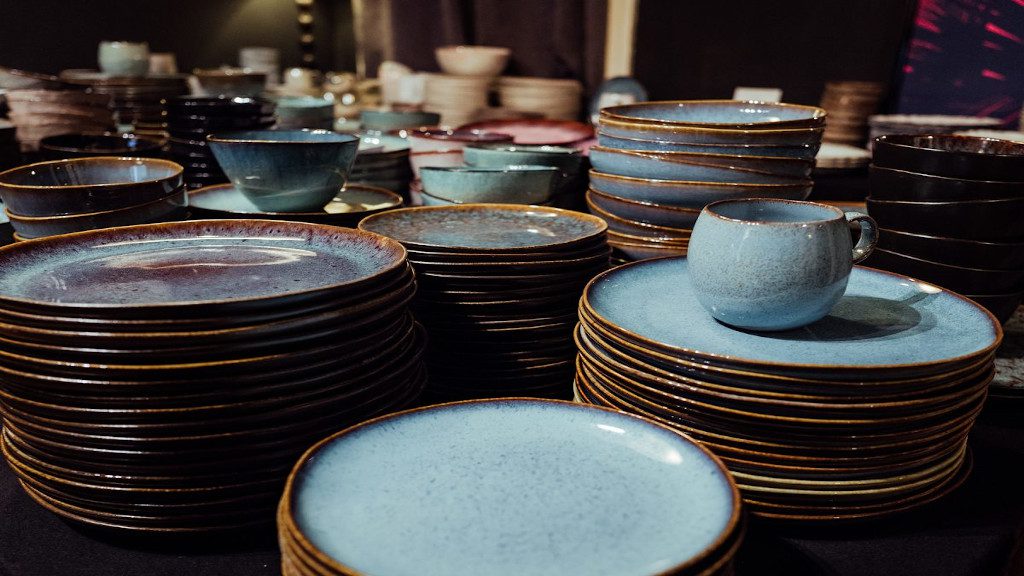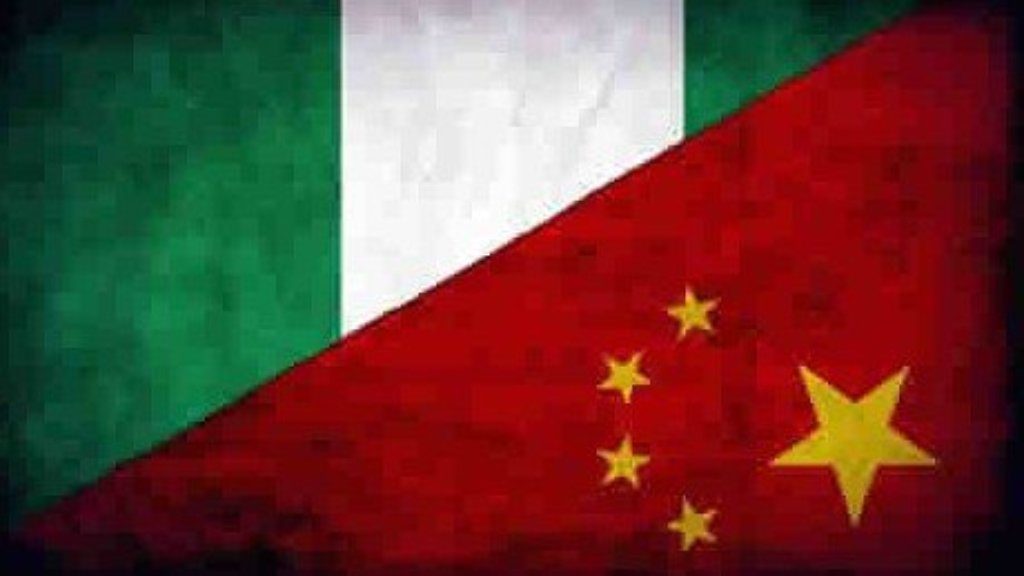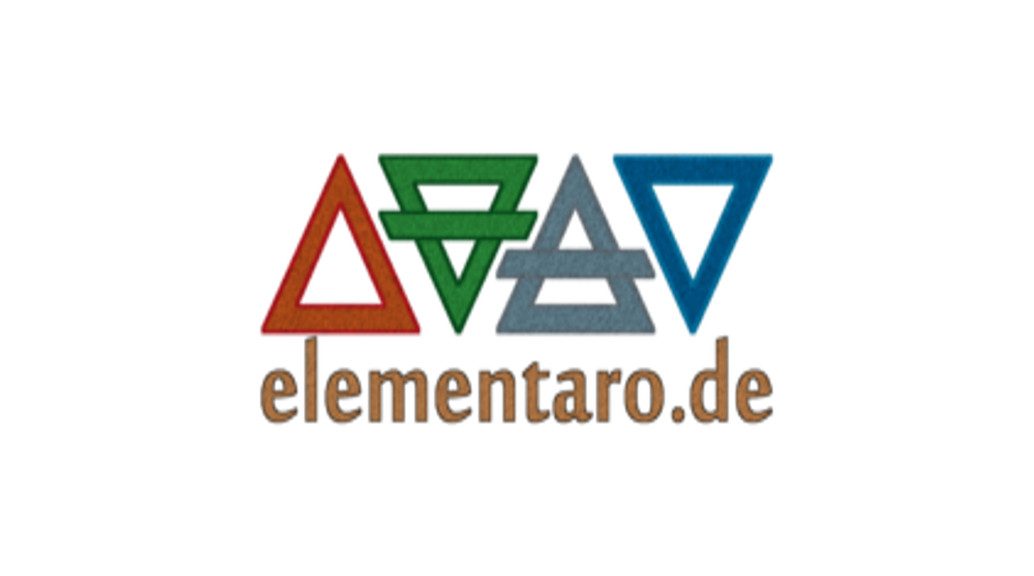Dear Sir or Madam
We are studying “International Business Management” at the Hamburg University of Applied Sciences. Our task is to set up a concept or a fictitious company in Africa.
It is about bringing a product to the market and finding a potential country to sell the product and possibly also manufacture it in the respective country.
Our product is “ceramic crockery” and we have already found a factory in Portugal to manufacture it. Since we have found out that Angola is growing very strongly economically and is also a Portuguese-speaking country, we would like to distribute it in Angola. We also thought that we might be able to find a factory in Angola to reduce costs.
We have now asked ourselves what the legal situation would be if we were to set up a company in Angola and keep a subsidiary in Germany or keep the distribution in Germany. Or should we set up the company in Germany and sell the products in Angola?
Would it even be possible for us to set up a company in Angola if someone from our team lived in this country? What would be the best way?
This topic is very complex and we only have 2 weeks left to hand in our seminar paper and hope you can help us!
We would be very grateful for your information and help.
Kind regards
 afric-Invest
afric-Invest





